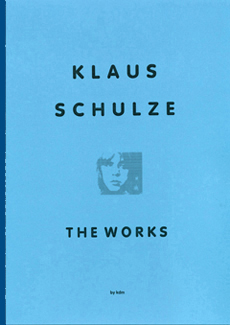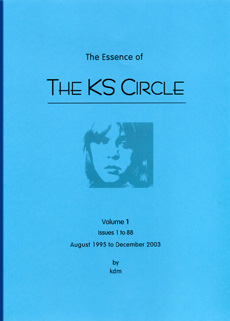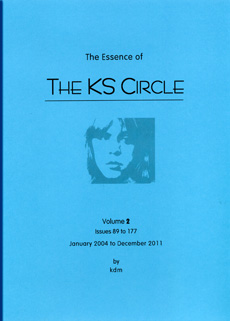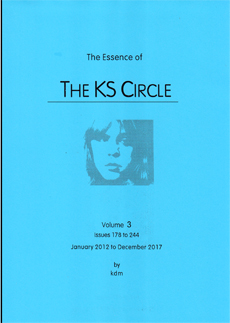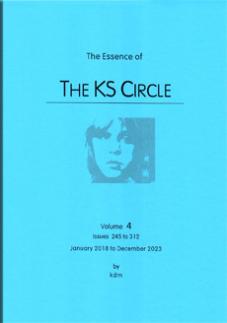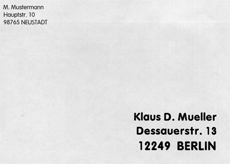Freitag, 14. Juli 2017
The use of the computer for creating – as well as storing and re-using – musical recordings makes it difficult for a compiler to collect accounts of such recordings for an accurate discography.
. . . . . Before, with tapes, it also was not easy, but now with the new technique it's a nightmare. Today, the results are not visible anymore, the new digital signal processing methods are 100% virtual; there are no tape boxes anymore on shelves, no touchable and visible 2-, 4-, 8-, 16-, or 24-track master tapes, but just plenty of Zeros and Ones on harddisks (or little sticks, or whatever). And worse: It's so very easy now to reuse or recycle this musical material. With the right software it's so simple to change the key of a piece, the speed, the rhythm, play it upside down, etc. and use the same or the altered piece (or parts of it) again for a "new" recording (hence the sudden fashion of "re-mixes", because, I repeat: it's so very easily done today).
. . . . . However, for an observer and compiler it's hard to keep tracks = which musical snippet was done when? changed when? by whom? and used where? and how often? This brings the artistry of serious discographical work not to an end, but ...
. . . . . I fear that it also makes the music more arbitrary (= beliebig) and worthless. By coincidence this is happening at the end of a century and maybe it also marks the end of an era. Not many of the younger people collect music anymore, as it was seriously done in the past with the old formats on DISCs: schellack, vinyl. What is left to report about for a DISCographer, are just the obvious final results, the released discs (or any other tangible, touchable & visible medium in the future) as long as those will be still offered and used.
... comment
... link
... comment


